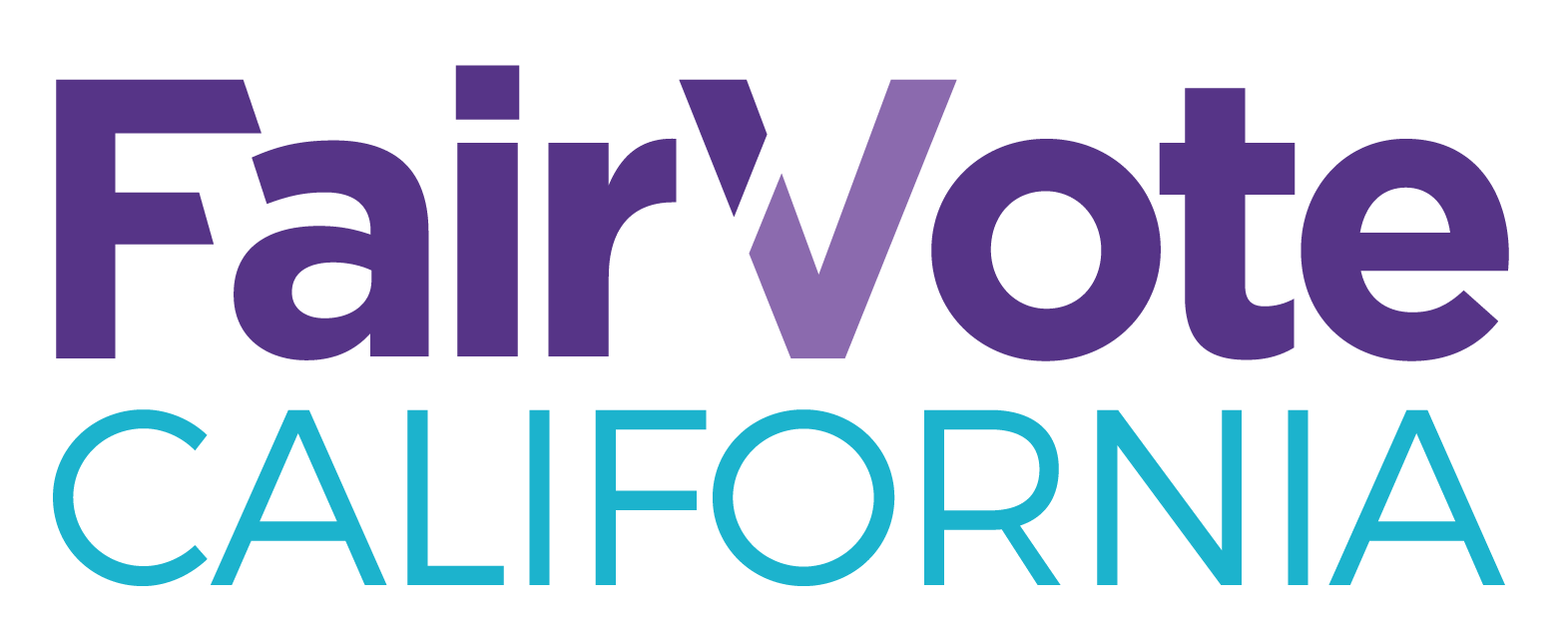The following piece was originally published in Berkeleyside.
I recently read your coverage of Berkeley candidates for the Nov. 8 election. One city council candidate encouraged voters to only vote for her and not rank other candidates — this is a political tactic called “bullet voting” — and suggested ranked choice voting has “unintended consequences.”
Bullet Voting
I would like to point out that some campaigns mistakenly believe that if their supporters rank other candidates second or third, this would somehow dilute the strength of that voter’s first preference or hurt the chances of that candidate getting elected. But this is not the case. Under ranked choice voting, if a voter has ranked a candidate first, that ballot will only count as a vote for that candidate and provide no benefit to other candidates so long as their first choice is still in the running. A voter’s second or third choice candidate is considered only once their preferred candidate is eliminated.
Further, if a voter indicates the same candidate as a first, second, and third choice, it is the same as if they left the second and third choice columns blank. This means that their vote will only be counted once. And if that first choice loses during the count, the voter won’t be a part of the final instant runoff between the candidates.
Ranked Choice Voting Results
As to “unintended consequences,” some may be thinking of the 2010 Oakland Mayoral election when Jean Quan was elected. In that race, former Senate Majority Leader Don Perata led 33% to 24% in first choices, but lost 51% to 49% in the final ranked choice voting. Quan was much more likely to be ranked second or third by backers of the mayoral candidates who were eliminated during the ranked choice voting count. When the field was reduced to two, Quan defeated Perata head to head. She would have also won a runoff if voters had kept their same preferences — that’s why RCV is sometimes known as an “instant runoff.” Quan did a better job at connecting with more voters, and ultimately became the majority winner.
Further, any suggestion to bullet vote sends a polarizing message: that none of the other candidates should even be considered. This message has a consequence especially if the winner of the election is determined by ranked choice voting — when no candidate has a majority (50% +1). Should this occur, then any candidate would need the support of other voters to push them into the majority. This is of course the rationale behind ranked choice voting: majority rule.
A much better strategy is for all candidates to reach out to as many voters as they can with the goal to become the candidate who can win a majority in that final instant runoff. This is why candidates cross-endorse each other, and in many cases it is encouraged because they should compete for every vote, whether it is a first, second, or third choice.
Voters need to be aware that ranking candidates gives them more power — if your first choice loses, your second or third choice can still determine who wins, and this is not an unintended consequence.

Showing 1 reaction
Sign in with
Facebook Twitter